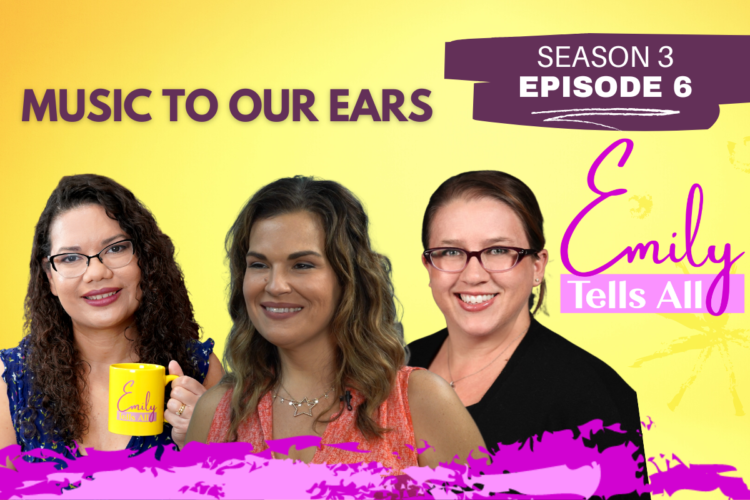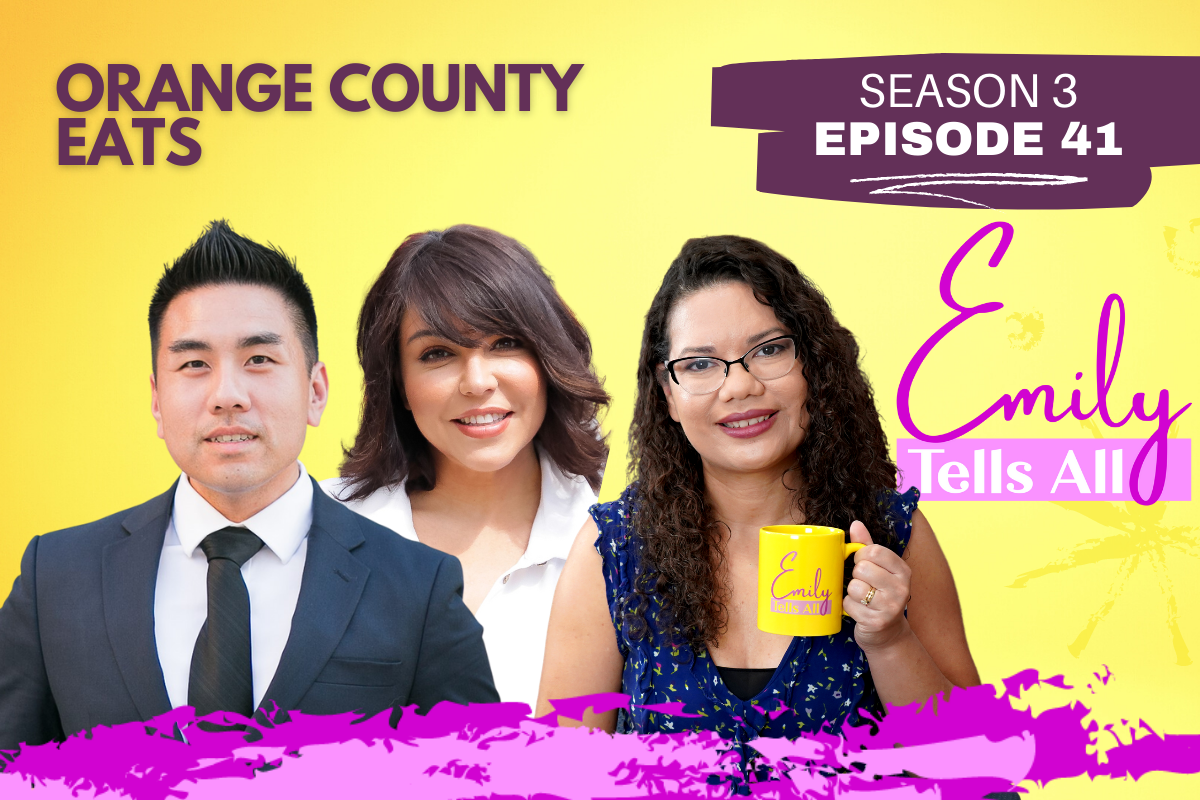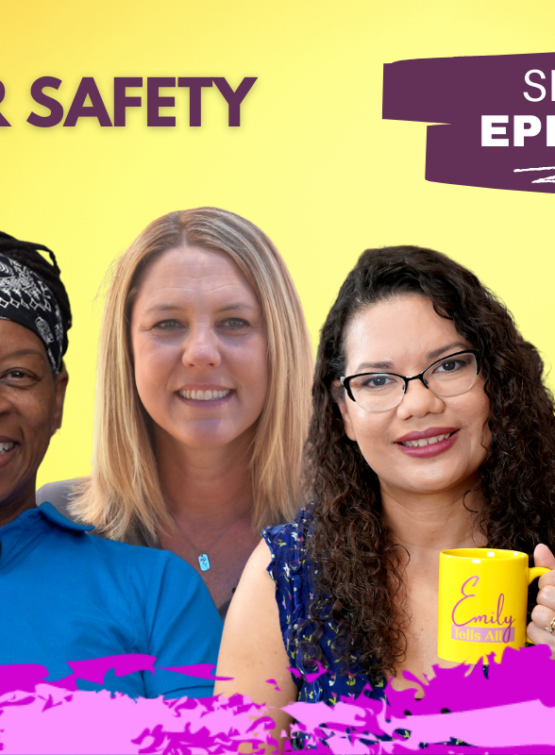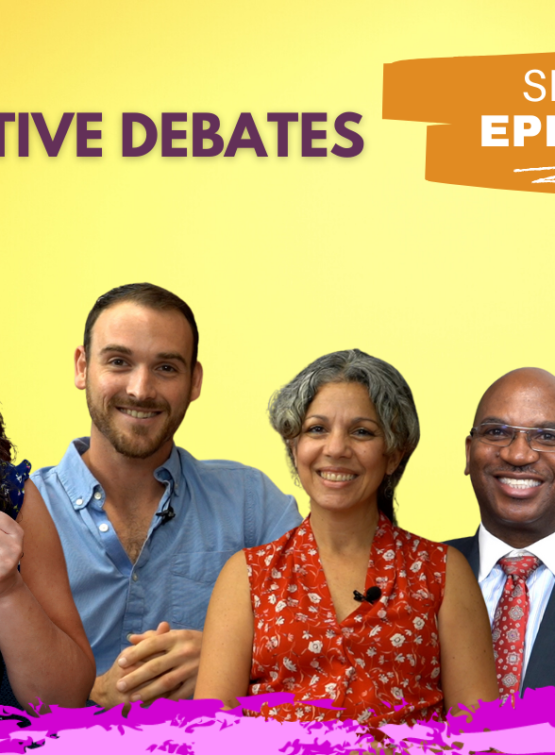AIR DATE FEBRUARY 9, 2023
Title: The Power of Music
Emily explores organizations known for their musical performances, education, and therapy.
Guests
Joyful Music Therapy, Executive Director & Founder – Tamela Ponder, MT-BC
Orlando Philharmonic Orchestra, Director of Artistic Operations – Jamie Erpenbach
Music Can Heal a Wounded Soul
Have you ever heard your favorite song play, and suddenly all the stress you were carrying melted away? Music has a remarkable ability to create emotional changes, even when it seems like we’re having the word day ever.
I recently spoke about this unique attribute with Tamela Ponder, founder of Joyful Music Therapy. “We work with people from zero to three with our partnership with Orlando Health and Early Steps of Central Florida,” she told me.
“We work with teenagers and young adults with special needs and neuro-divergency,” continued Ponder. “We also go into some of the nursing homes and rehabilitation centers and work with our elders who have dementia and Alzheimer’s, and we get to see some pretty amazing stuff. We even have worked with hospice.”
People often wonder what music gets played during therapy sessions. “It’s about my patient,” said Ponder. “It’s about my client.” She uses everything from nursery rhymes to calming melodies to the Golden Oldies.
Music Can Be Therapeutic Outside of Formal Therapy
Jamie Erpenbach is the Director of Artistic Operations at the Orlando Philharmonic Orchestra. This non-profit has served Central Florida for over three decades.
“We perform all kinds of music, from the traditional classical music all the way to Pops music, even some rock cover bands,” said Erpenbach. “So, we’re really diverse and I think we’re up and coming, we’re growing.”
Although the organization doesn’t offer formal therapy sessions like you can find at Joyful Music Therapy, you can find an educational approach providing incredible benefits.
“We have a huge program every fall called Young People’s Concerts, where the students get to come for free as part of their field trips to really experience that, sometimes for the first time,” said Erpenbach. “We do virtual music lessons with kids in the school districts, as well as we go into the schools and work with the orchestras and bands there. We also have free community concerts, so at the holidays and in the spring.”
When music combines with community support, the changes in people of all ages are immediate, profound, and powerful.
Music Helps Individuals with Non-Verbal or Non-Communicative Conditions
Erpenbach told me that kids with verbal or communicative conditions might be unable to say to their families what they want for breakfast, but they can learn the songs from their favorite cartoons.
“As a music therapist,” said Ponder, “we want to build that bridge. Maybe a song can help them understand. When the parents sing it, maybe they get three choices.”
In return, children and adults with neuro-divergent diagnoses can feel included in the community while attending events they love.
For Erpenbach, music is evidence that the arts, in general, are important. “The first things you do as a child are dance and sing and move. That’s music. Really, music is the background to everything. A movie isn’t what it is without music.”
Music therapy isn’t a new technique. It delivers a way to communicate when other methods might be less effective. You can find more information about Joyful Music Therapy at joyfulmusictherapy.com.
If you’re interested in events hosted by the Orlando Philharmonic Orchestra, please visit their website at orlandophil.org.



